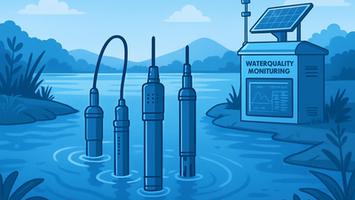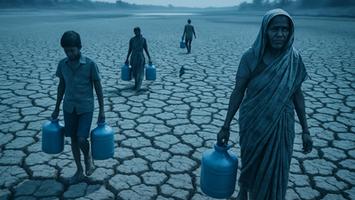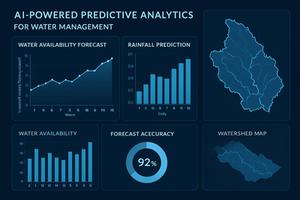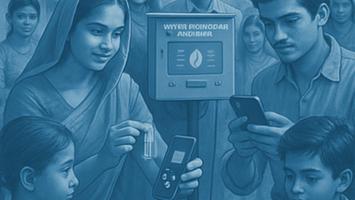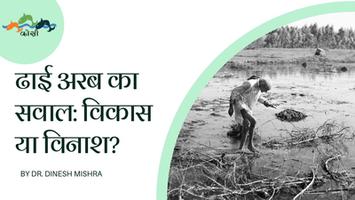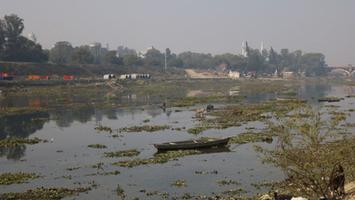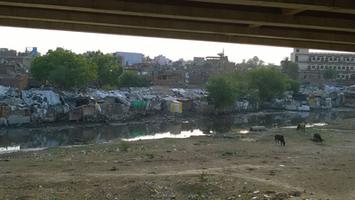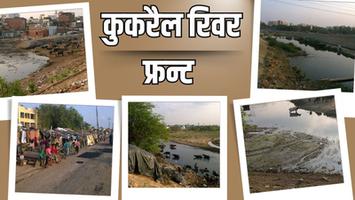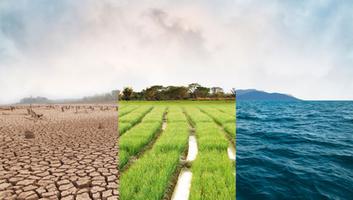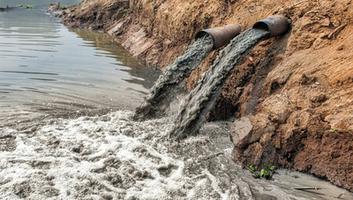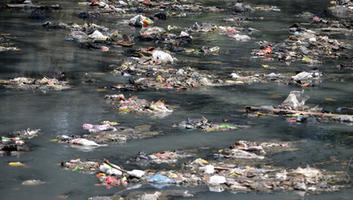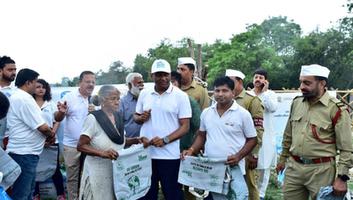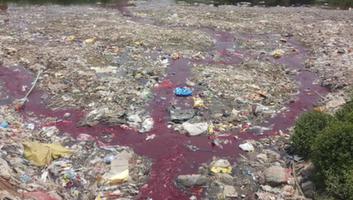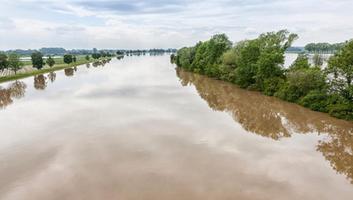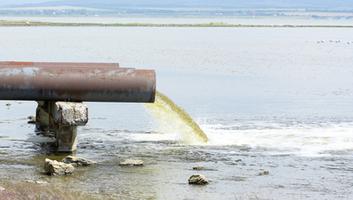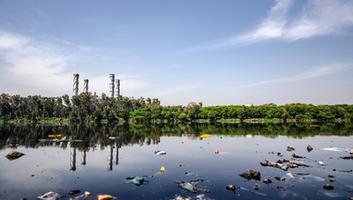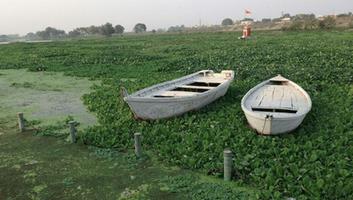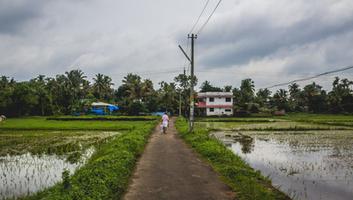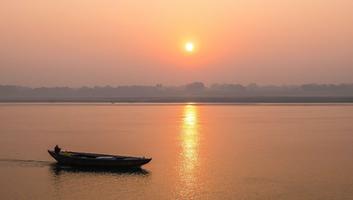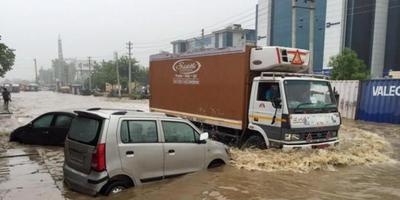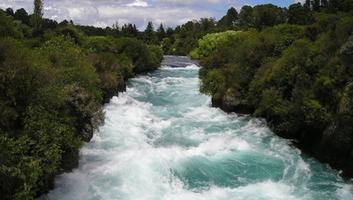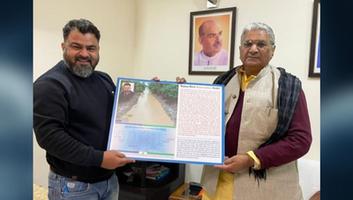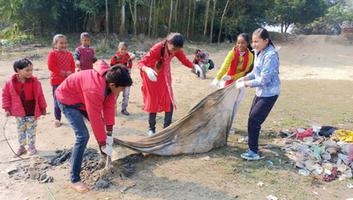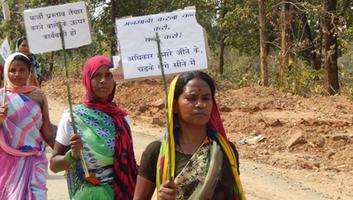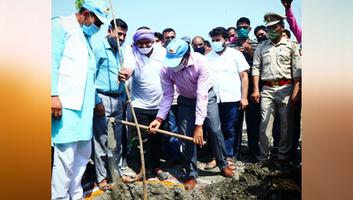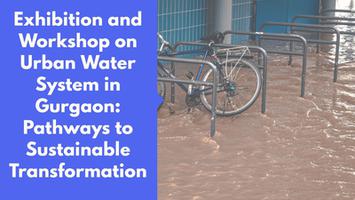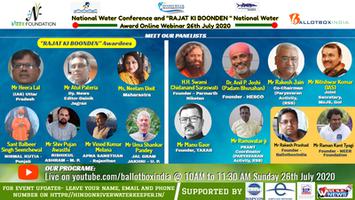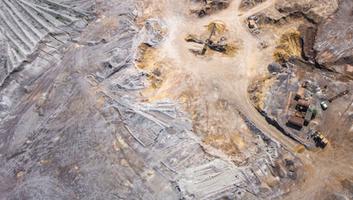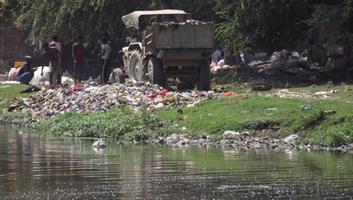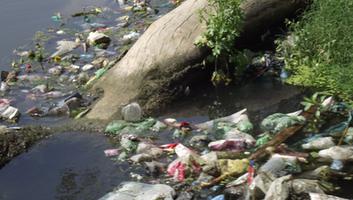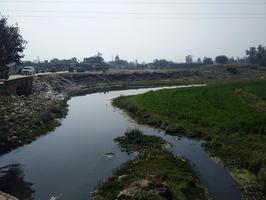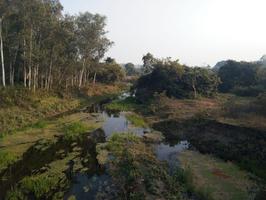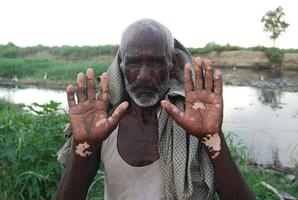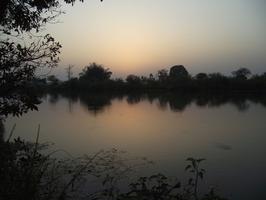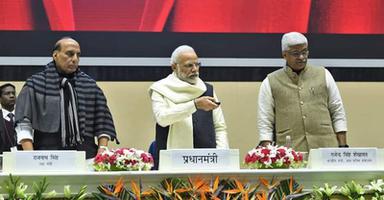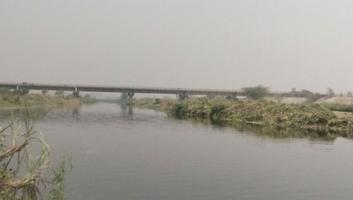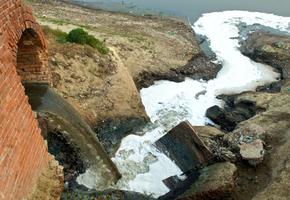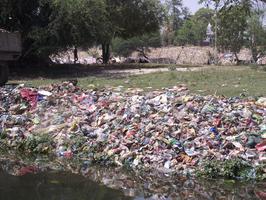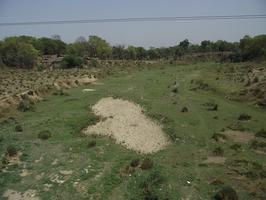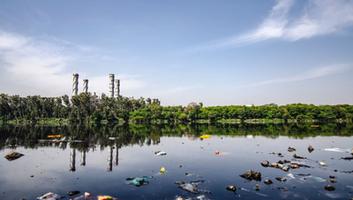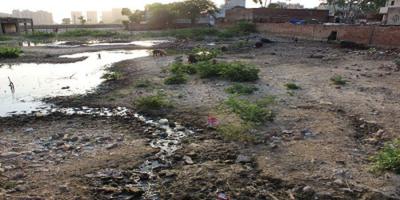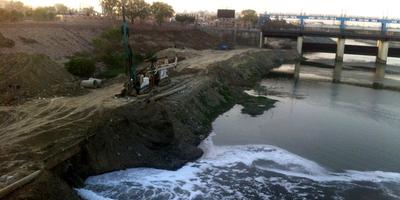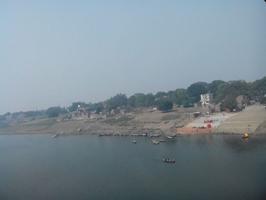Pani Ki Kahani - Human health and natural ecosystem affected in the face of changing climate
- By
- Mukesh Shukla
- August-10-2023
The current scenario of climate change is negatively impacting the ecosystem services and human health in India. The research is linking the accelerated rate of climate change with spread of more outbreaks of Infectious diseases in tropical and subtropical parts in India. It is one of the main cause behind the shrinking of ecosystem services that are necessary for a healthy environment and wellbeing of humans. This research analysis will help in understanding the causes of extreme weather, climate variability and changed rainfall pattern is being associated with reduction in overall productivity of ecosystems and public health emergency in India.
United Nations Environment Program (UNEP) recently urged for urgent climate actions and said that global warming is over, the era of global boiling has arrived. It was recorded that July 2023 has already seen 3 hottest week period. The immediate climate actions and cuts in greenhouse gases emission can make it possible to limit global temperature rise 1.5 'C. It will helpful in avoiding very worst climate that is so intense to negatively impact public health in developing countries like India where population density is very high in comparison to existing natural resources for sustenance of lives. This makes people vulnerable on exposure to many infectious diseases caused by climate change. This kind of global boiling needed urgent climate actions through integrated approach to mitigate climate change and enable our community with best adaptation measures against it and promotion of ecosystem services restoration practices at every level for healthy environment.
In India, every year spread of vector borne diseases is very common during monsoon season. As water logging occurs due to intense rainfalls around human habitation it provides suitable environment for mosquito breeding, as a result malaria and dengue outbreaks are reported each year from remote villages to metro cities. Government is doing all preventive measures, community awareness, surveillance, diagnosis and treatment facilities in order to reduce number of VBD cases, morbidity and check overall case fatality rate. Uttar Pradesh state government is making integrated actions plan through inter-departmental coordination and implementing the vector borne disease control campaign popularly known as Sanchari Rog Niyantran and Dastak Abhiyan to save lives of common people from infectious diseases like T.B., malaria, dengue, kala-azar, chikungunya, Japanese encephalitis, scrub typhus and filaria.
Changes in weather pattern, extreme heat, heavy rainfall, drought conditions are causing different consequences according to bio-geographic reasons in India. It is associated with depletion of water table in arid and semi-arid regions affecting the overall productivity of an ecosystem, agricultural loss causing food and nutrition insecurity for common people. As, climate change is affecting the water security in Bundelkhand region of U.P. and Madhya Pradesh, High altitude regions of Uttarakhand and some parts of Maharashtra and Gujarat states. This is happening due to shrinking of wetlands that play vital role in recharging the groundwater and, also minimizing the threats of flood during monsoon seasons. The large number of wetlands have been disappearing and remaining are degrading due to anthropogenic reasons and consequences of climate change.
Same way the mountain ecosystem of Himalaya has become more fragile and loosing its capacity to adapt against climate change. The population living at high altitude regions of Himalaya are more vulnerable to hit by consequences of climate change. They are void of food and water availability round the year. This is why poor families from mountains or bundelkhand region of central India, often do seasonal migration for sustenance of life due to which they often exposed to new infections at new places especially children and women are more vulnerable to it. This is how climate change is adversely affecting the overall wellbeing of community those are void of safe drinking water, basic sanitation facilities and living in unhealthy environment. Women and children become malnourished and anemic due to food and nutrition insecurity therefore they can easily get infectious disease like TB, Cholera etc.
The contamination of drinking water due to flood and spread of water borne diseases reported each year from almost every part of India whereas most affected regions are Terai area of Himalayan foothills and coastal belt. This scenario is causing loss to agricultural crop and livestock and making deprived community poorer, this way affecting their well-being negatively. The emergence of endemic diseases and increase in vectors population is result of variability in climate. In Year 2023 new cases of malaria falciparum were reported in Uttar Pradesh in month of January- February, this indicates current scenario of climate change phenomenon causing resistance and change in nature of mosquito vectors. In year 2022 outbreak of scrub typhus, dengue illness was reported from Mathura, Agra and Firozabad that was undetectable earlier because of strange symptoms appeared in patients after they took infection.
According to WHO, Acute Encephalitis Syndrome is characterized by acute febrile illness with a change in mental status with or without seizures (excluding febrile seizure). AES cases are mostly reported in area with temperate climate from March-April to October -November month each year. Climate variations is one of the important factor behind AES outbreak in India. As per Uttar Pradesh State Integrated Disease Surveillance Programme (IDSP) AES case line-list of last five years, it indicates only less than 20% of Acute Encephalitis Syndrome (AES) cases are diagnosed positive with any of mandatory etiologies like malaria, dengue, chikungunya, scrub typhus, Japanese encephalitis and leptospirosis. More than 80% of AES cases are diagnosed with unknown cause. It was analyzed after visiting to patients house, interviewed some 500 parents or guardians of AES affected cases in Lakhimpur Kheri and Sitapur districts in Uttar Pradesh, It was found that families of AES cases are residing in unhealthy environmental conditions, open to extreme heat due to livelihood practices, either they don't have access to safe drinking water or they didn't educated on drinking water management. Livestock management is one of the important factor affecting rural people's health. This all associated with heavy rainfall and hot weather conditions favors spread of Infectious diseases in Terai region and other parts of India.
During hot summer incidents of heat stroke death is common where poor community is working in open sunny days. Women and old age person are most vulnerable to heat stroke. Climate can affect the concentration of air pollutants, pollen and other allergens in lower atmosphere. Air quality of metro-cities has degraded beyond alarming signal due to large quantity of burning of fossil fuels. In rural areas, air quality has badly affected due to dust, mist, smog and unsound agricultural practices. This all is linked with climate change phenomenon, poor adaptation and lack of knowledge resulting in many health ailments like high blood pressure, heart disease, lung cancer, allergic asthma, bronchitis and other psychological and mental health illness.
Recent incidents of heavy rainfall and flood conditions across 17 states in India including national capital Delhi in month of June -July 2023 indicating that our natural ecosystem has degraded such extents and became so fragile to adapt against climate crisis. People residing in flood affected areas should get immediate relief and support from government and related agencies as they could regain basic sanitation and safe drinking water facility to avoid cholera, malaria and other vector borne or water borne diseases. Policy-makers shall give utmost importance to conservation of wetlands, river and mountain ecosystem along with strict ban on deforestation, welfare oriented schemes for vulnerable community and mass awareness on minimizing the individual’s carbon footprint with alternate source of energy is the best way forward towards climate change adaptations.
Climate Change is no more a natural phenomenon, it is accelerated due to uncontrolled emission of GHGs that causes increase in average temperature of earth. As result of rapid urbanization, agriculture expansion the important natural carbon sinks i.e. forests and wetlands has degraded and healthy ecosystem services are continuously disrupted due to human thirst for over-exploitation of Mother Nature.
WHO has confirmed that climate change is a world health emergency and it should be given to utmost importance to tackle climate change in order to check another pandemic. UNEP has urged that rapid transformation of societies is an option for sustainability of earth planet. In order to check world temperature risen between 1.1 and 1.2'C that has become climate crisis, you can Act and speak-up for societal change. In this regard use of sustainable technology, upgraded health infrastructure is very important along with community awareness to address any alarming situation. Providing cutting-edge research to support science based decision making, working across sectors for low carbon energy options, empowering community to adapt climate changes and providing sustainable mechanisms to unlock finance for mitigation and adaptation efforts are suggested.
Biography: Mukesh Shukla is dedicated to social development since last 15 years. He is working for nature conservation and empowering the deprived communities from parts of India on aspects of climate change adaptations, natural resource management through knowledge transfer, research based sustainable solution to food and water security along with innovations in health for wellbeing of the poorest community especially women and children.

